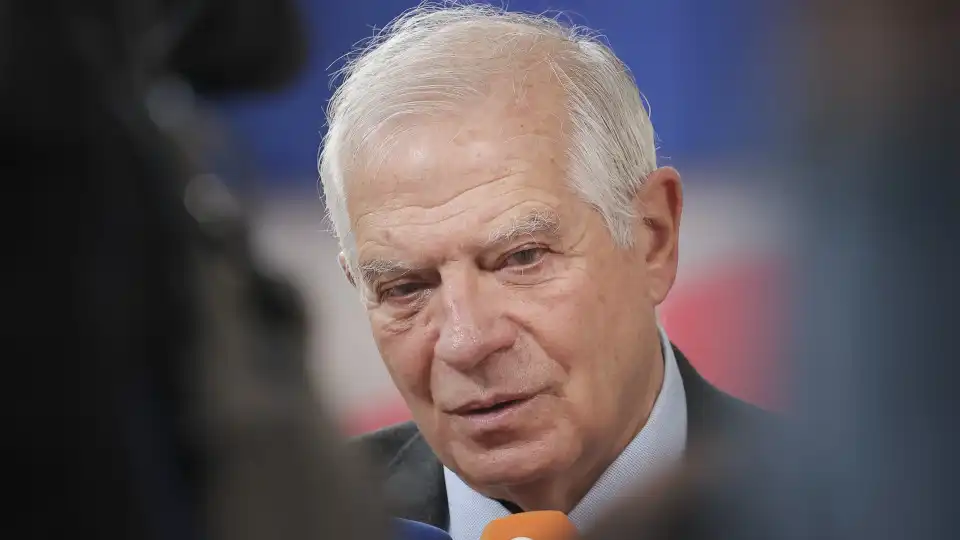Georgia intimidation ‘unacceptable’, EU urges end to controversial law
The European Union (EU) today considered the "intimidation, threats and aggression" of political actors, journalists and citizens who are fighting for democracy and a European future in Georgia unacceptable.

© Getty Images

Mundo Geórgia
In a joint statement, EU High Representative for Foreign Affairs Josep Borrell and Enlargement Commissioner Olivér Várhelyi said that "intimidations, threats and attacks against civil society representatives, political leaders and journalists, as well as their families, are unacceptable." "We call on the Georgian authorities to investigate and document these acts," they added, reaffirming the EU's support to the country's population for "choosing democracy and a European future." Borrell and Várhelyi recalled that the European Council granted Georgia the status of a candidate country for accession to the bloc, which implies the protection of human rights, including freedom of expression and independent media. "Despite massive protests and clear appeals by the international community, the Georgian Parliament adopted the 'foreign influence transparency' law. The EU has stated before and reiterates that the intent and content of the law are not in line with EU rules and values," the EU foreign policy chief and the commissioner commented. The implementation of the legislation in question will "curtail the work of civil society and the independence of the media," undermining the principles of "freedom of expression and association, which are fundamental rights and an essential part of the Association Agreement" between Georgia and Brussels. The new law requires media outlets, non-governmental organisations and other non-profit entities to register as advocates for "foreign interests" if they receive more than 20% of their funding from abroad. The text is almost identical to the one that the ruling Georgian Dream party was forced to withdraw last year after similar protests to those seen in Tbilisi in recent days. This version was passed in a third and final reading in parliament. The ruling party claims the law is needed to counter what it sees as foreign influence that is damaging Georgian politics and prevent unidentified external actors from trying to destabilise it. However, the opposition and the thousands of protesters who have taken to the streets of the capital argue that it is a "Russian law," alleging that Moscow uses similar legislation to stigmatise independent media and organisations critical of the Kremlin. The law will now go to Georgian President Salome Zourabichvili, a pro-Western figure who has increasingly been at odds with the ruling party and who has pledged to return it, although Georgian Dream has a majority large enough to override her veto. Following its approval, and amid ongoing protests in Tbilisi, the Georgian opposition has called for international sanctions against the MPs who voted in favour of the controversial law. "We demand that the international community impose sanctions on the 84 MPs who voted for this law," Levan Bezhashvili, an MP and chairman of the political council of the United National Movement, the country's largest opposition group, told reporters. According to the politician, with the adoption of this law the ruling Georgian Dream party "has practically handed Georgia over to Russia, established a Russian regime in the country and declared war on its own people." Read Also: Georgia. Thousands of protesters take to the streets after approval of "Russian law" (Portuguese version)


Descarregue a nossa App gratuita.
Oitavo ano consecutivo Escolha do Consumidor para Imprensa Online e eleito o produto do ano 2024.
* Estudo da e Netsonda, nov. e dez. 2023 produtodoano- pt.com



